The Movie That Changed Marvel, For Better Or Worse
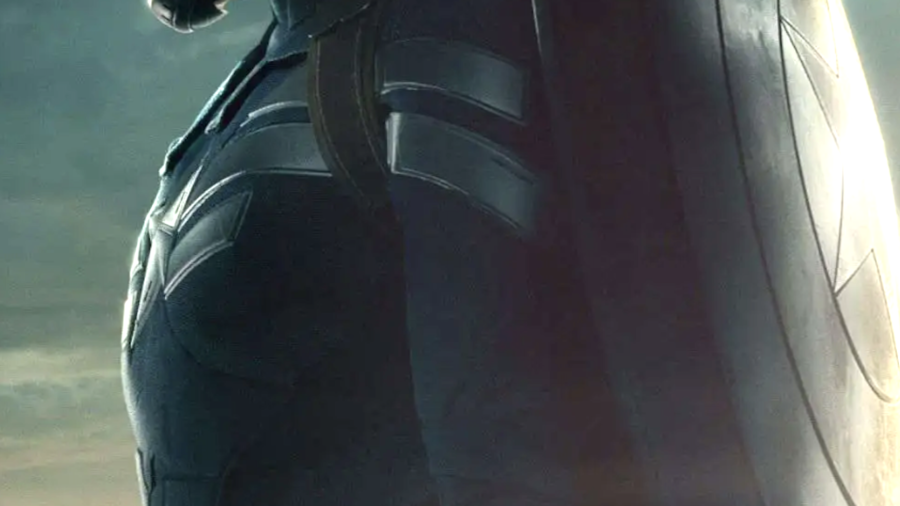
As the MCU continues to expand its colossal footprint in the realm of entertainment, it’s only natural to go back on occasion and reflect on the milestones that shaped its trajectory. One such milestone is the release of Captain America: The Winter Soldier on April 4, 2014.
While this sophomore outing for Steve Rogers may seem like just another installment in the MCU’s vast library, this sequel permanently changed the MCU by expanding genre boundaries, deepening narrative complexity, and laying the groundwork for franchise expansion.
Captain America: The Winter Soldier Broke Free
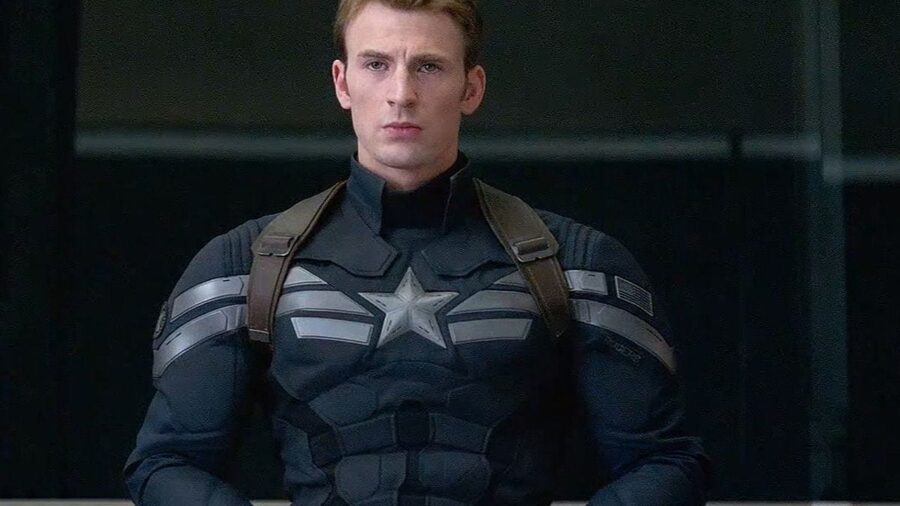
In the early days of the MCU, second movies in sub-franchises were often dismissed as uninspired sequels.
However, Captain America: The Winter Soldier broke free from this trend, emerging as more than a popcorn sequel, but a movie worthy of evolving the MCU. Unlike its predecessors like Iron Man 2 and Thor: The Dark World, which struggled to find their footing, The Winter Soldier stood out for its confident execution and bold storytelling.
A Marvel Turning Point
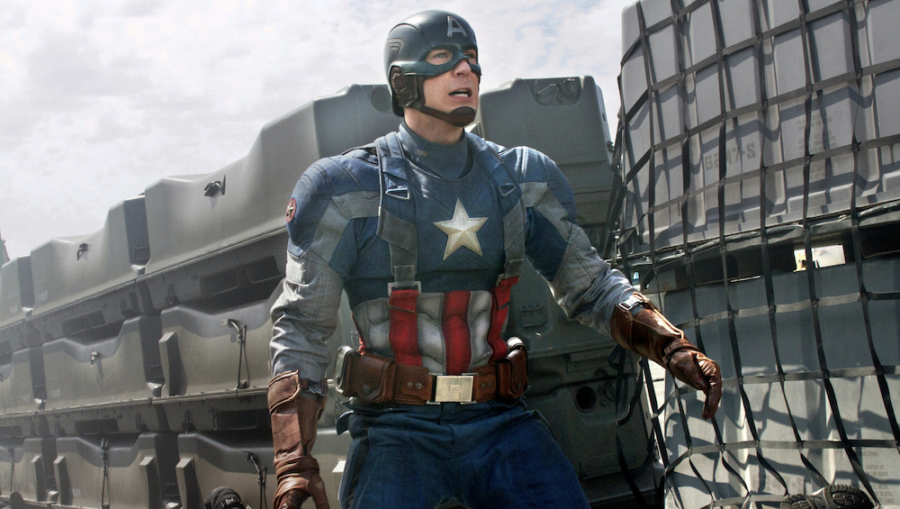
This marked a turning point for the MCU, demonstrating a newfound maturity and depth that would continue to grow until the end of Phase Three.
Central to Captain America: The Winter Soldier’s success was its departure from traditional superhero fare, opting instead for a genre-bending approach, drawing inspiration from political and spy thrillers such as the Bourne series and Three Days of the Condor.
From intense action sequences to themes of surveillance and government oversight, the film captivated viewers with its blend of adrenaline-fueled excitement and cerebral storytelling.
Paved The Way For Others
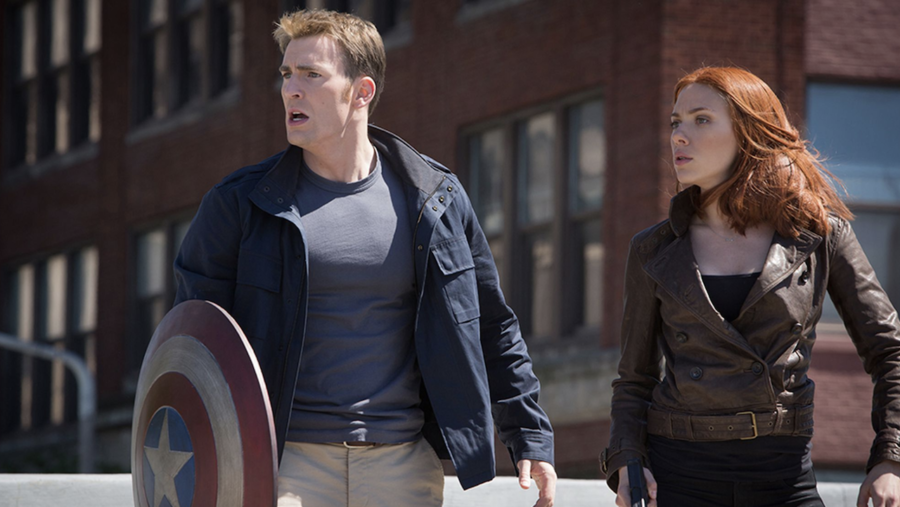
The influence of Captain America: The Winter Soldier extended beyond its standalone narrative, shaping the direction of the MCU as a whole.
It paved the way for a new wave of genre-defying films, each offering a unique spin on familiar tropes. Whether it was the family-friendly heist vibes of Ant-Man or the Afrofuturistic world of Black Panther, the MCU began to embrace diverse genres under the umbrella of superhero cinema.
The Russo Brothers
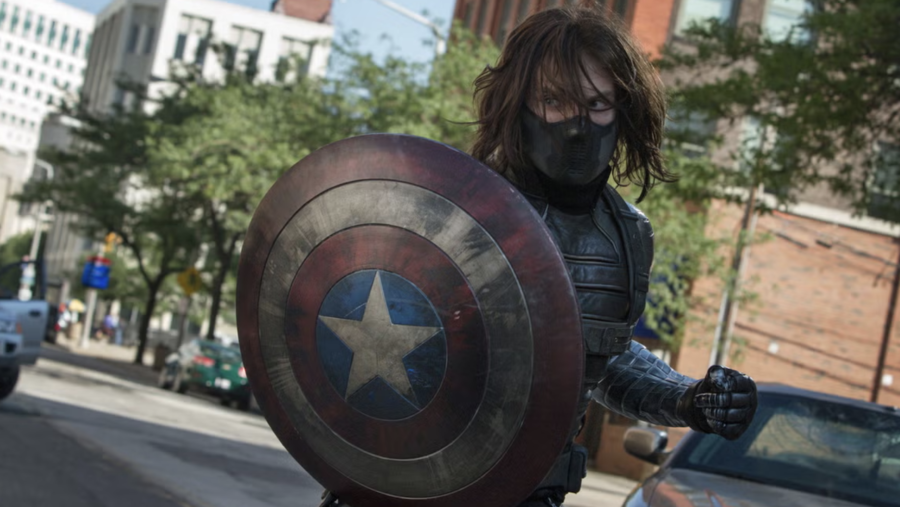
The success of Captain America: The Winter Soldier also catapulted its directors, Anthony and Joe Russo, to the forefront of the MCU’s creative vision.
Tasked with helming subsequent blockbusters such as Captain America: Civil War, Avengers: Infinity War, and Avengers: Endgame, the Russo brothers became synonymous with the franchise’s epic scale and emotional depth.
Set Stage For Civil War
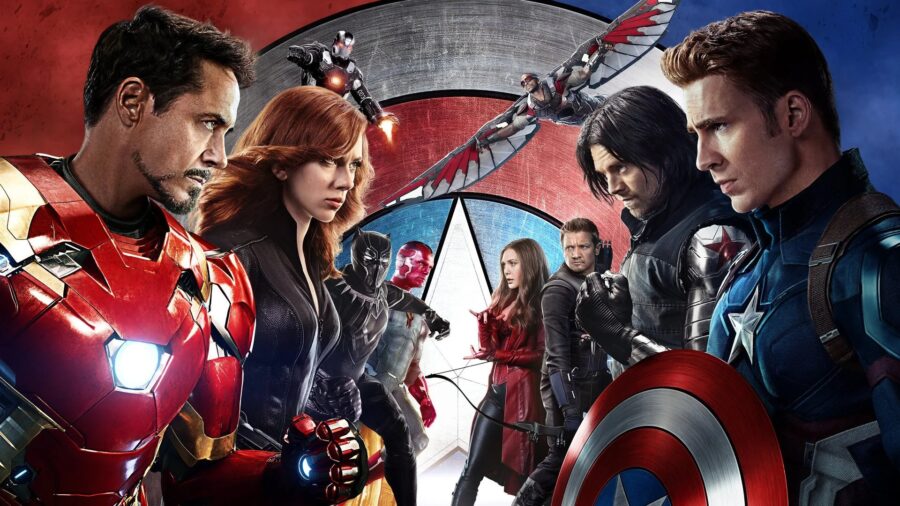
However, as the MCU expanded, so too did the challenges it faced. While Captain America: The Winter Soldier set a high bar for storytelling and character development, subsequent films struggled to maintain the same level of depth.
The third Captain America film, Civil War, in particular, attempted to recreate a superhero film with a deeper meaning like Winter Soldier excellently accomplished. It grappled with complex themes of accountability and personal freedom but ultimately fell short in its execution.
Pigeonholed The MCU?
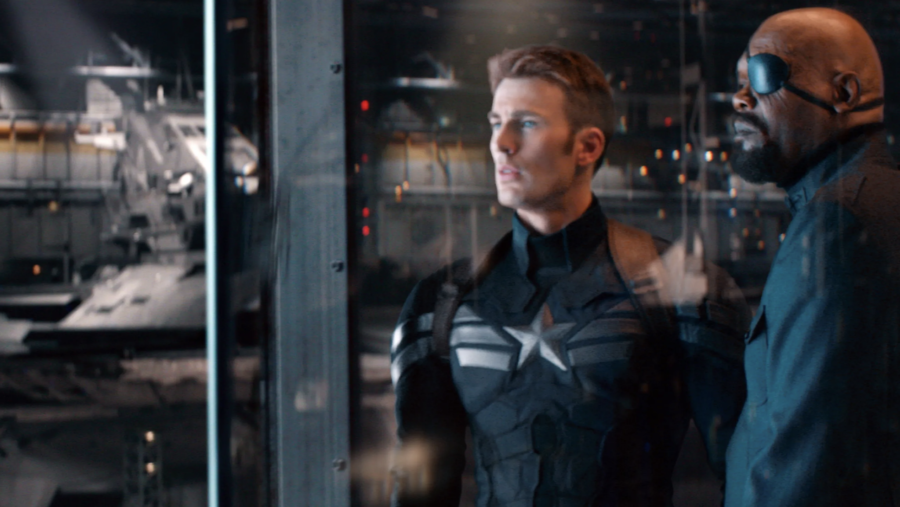
Moreover, the success of Captain America: The Winter Soldier inadvertently pigeonholed the MCU into a specific narrative framework, limiting the creative possibilities moving forward.
As actor Anthony Mackie, who portrays Captain America in the current MCU phase, aptly noted, there’s only “so much creativity” left in the tank. The franchise finds itself tethered to the political intrigue and action-thriller elements introduced by The Winter Soldier, unable to fully explore the breadth of its storytelling potential.
As the MCU continues to evolve, it must strike a delicate balance between honoring its past wins, as seen in Captain America: The Winter Soldier and other successes, and forging new paths forward.
Only time will tell if the franchise can break free from the confines of its own making and embrace the full spectrum of storytelling possibilities that lie ahead.












